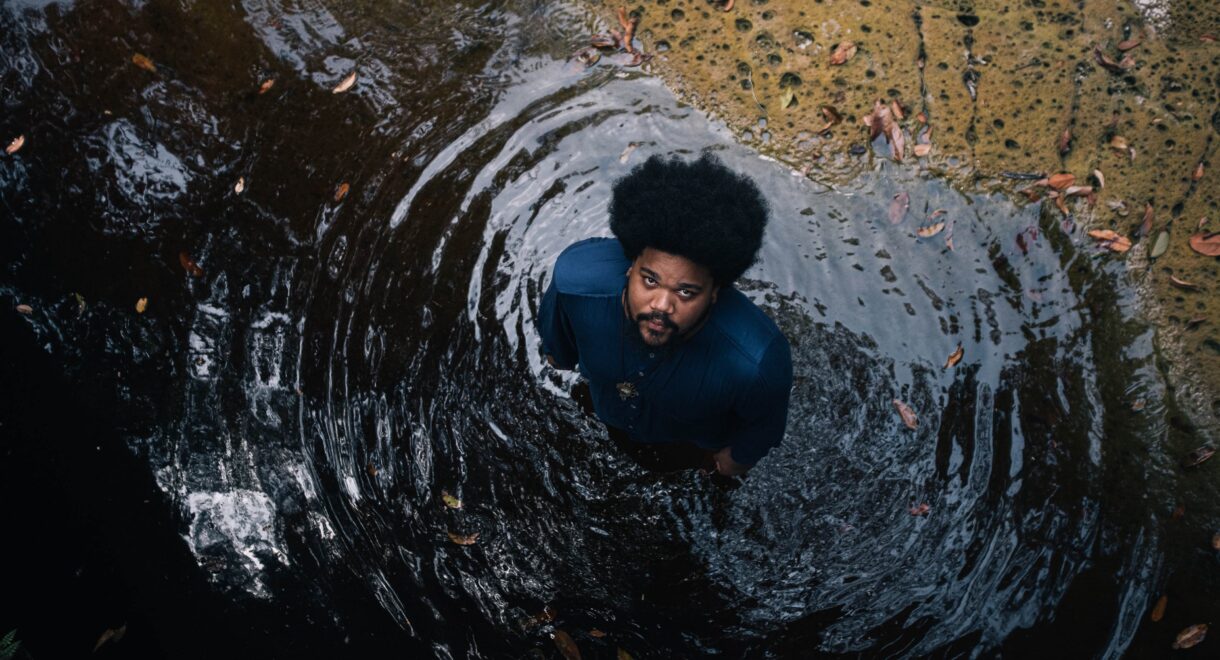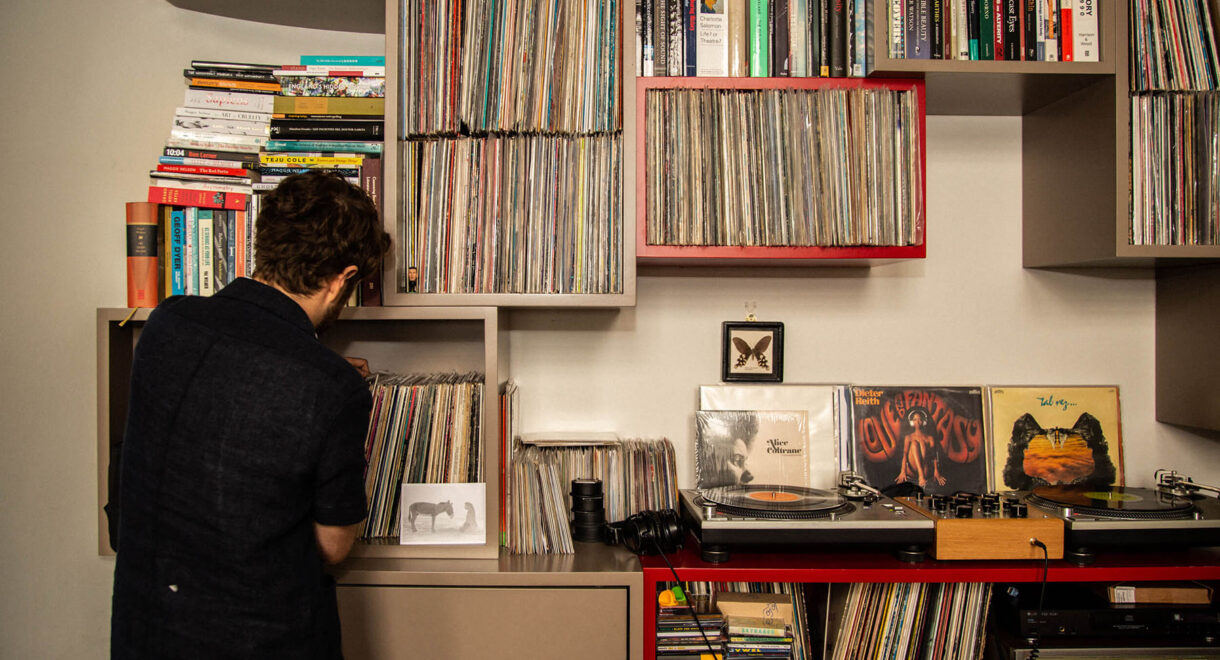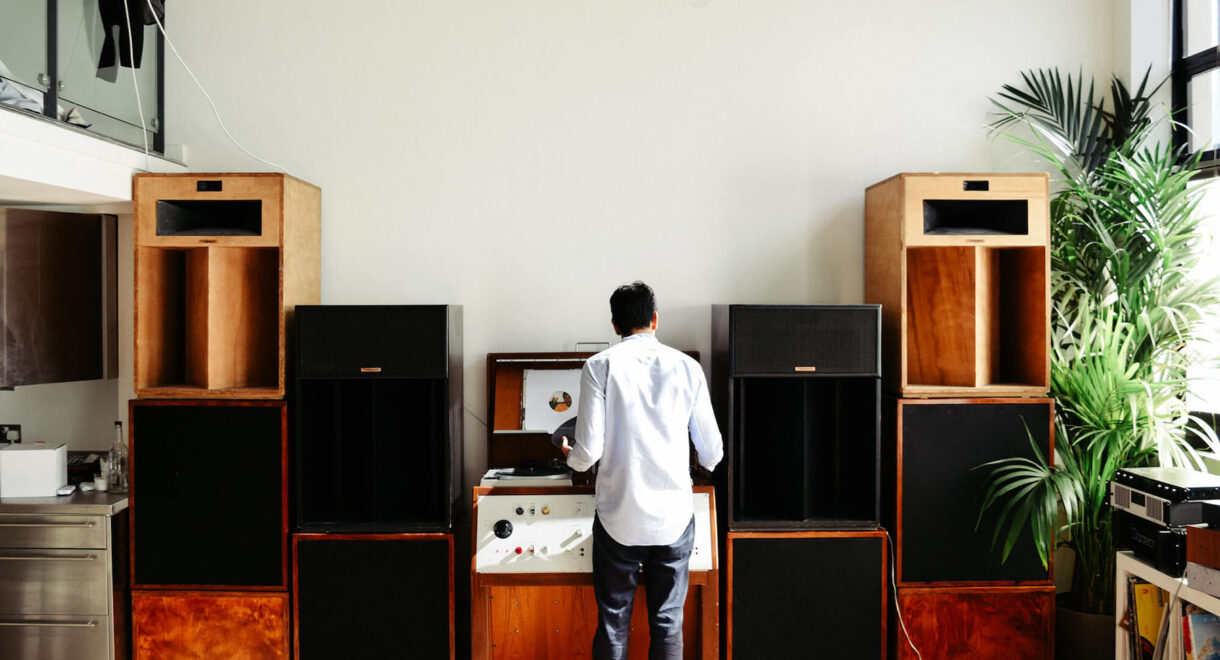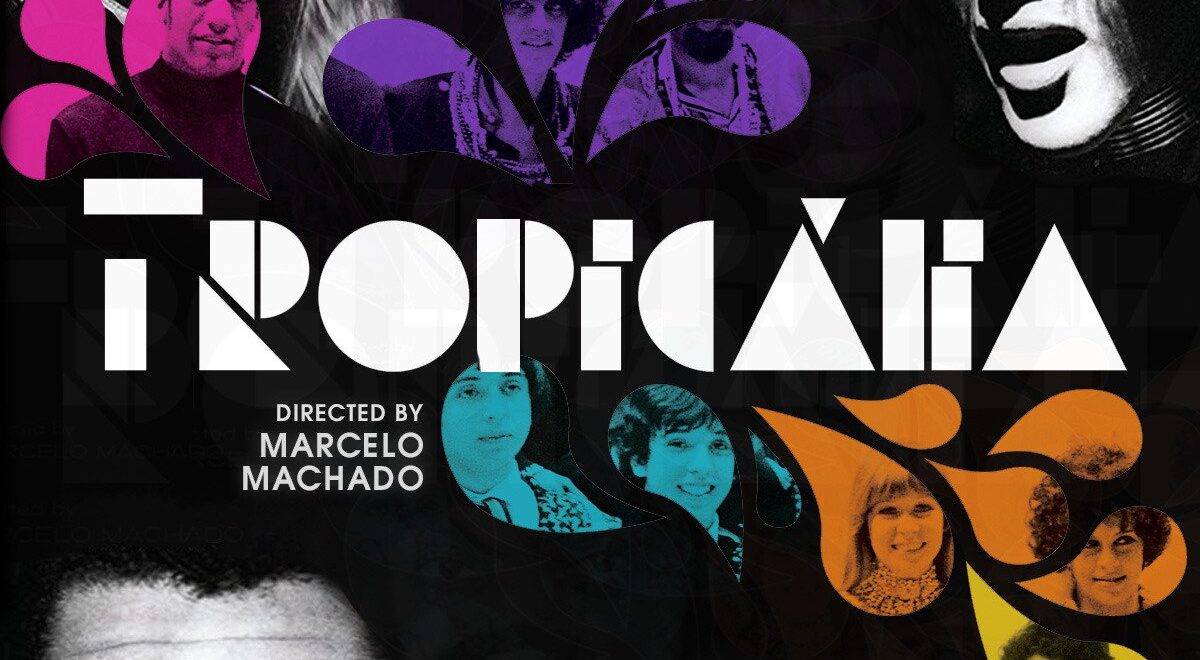To truly appreciate our conversation below with the brilliant Brazilian pianist Amaro Freitas, you should get a sense of the artist’s approach to his instrument. The video at […]
Highlights from the collection: Arthur Verocai’s magical debut glistens anew

On Monday in New York, we’ll be spinning Brazilian classics as part of a weekly listening session.
Unless you’re looking for a collection of toe-tapping ditties designed for first-listen joy, virtually all albums reward repeated, intentional listens. We’ve all got them, no matter if you’re an obsessed, know-it-all crate digger or a newbie: the record that scratches an itch like no other, that massages the pleasure points and fires the Holy Neurons of Joy.
Only a chosen few, however, reach what is considered by many to be the most important measures of listening excellence: Madlib’s highest honor. How does he rank Arthur Verocai’s 1972 debut?
“I could listen to the album everyday for the rest of my life.”
Question answered.
Last week Verocai, 78, concluded his first-ever US tour, and the response was deservedly loud. Propelled by producer-composer-label-head Adrian Younge and his Jazz is Dead project with Ali Shaheed Mohammed, the Brazilian songwriter and arranger concluded a quartet of gigs on Saturday in Berkeley after hitting LA, New York, and Chicago.
Verocai studied to become a civil engineer but that didn’t stick. “On February 15, 1969, I entered my room and my partner, [composer] Paulinho Tapajós, and Wilson Simonal, at that time the great singer of Brazil, was there,” he told Variety at the beginning of the tour. “I was feeling like a slave to the life of an engineer, and my friends were going to the beach or the home of another composer. They were changing culture and learning, and that was the life I wanted to follow.”
“My pleasure was making a new thing — a musical adventure,” he said.
After working with Brazilian legends including Jorge Ben, Ivan Lins, Gal Costa and Célia (the latter of whom tears through the opening song on the second side, “Seriado”), Verocai joined the label Continental to issue his debut album. Original copies of that record now go for more than $10,000.
As we write in our collection overview:
Verocai produced and arranged the album, bringing in an enormous string section and mixing it with contemporary styles — pop, soul, jazz and psych. Notably, Verocai drew on Brazilian folk, which was an avant-garde style in a time when creative expression was a threat to Brazil’s repressive military dictatorship.
The album saw Verocai focus his interest on creating epic cinema soundtracks. In a short span, the album delivers an enormous, unforgettable sound and a mind-bending listening journey, all hand-crafted by Verocai.
Like many masterpieces, it didn’t connect with the general public when it came out in 1972. When that happened, Verocai moved to the advertising business and tried to accept the market’s response.
“I was disappointed,” he told Variety, “because I realized it wasn’t possible to do what I wanted, the arrangements I liked – I didn’t want to do arrangements that would be changed by the record companies. I was very into making that record. So I thought: ‘I’m in the wrong place.’”
But music has a way of finding eardrums, and the hip hop community and other aesthetes embraced the record via used copies found in secondhand shops.
What happened next reinforces Verocai’s recent comment that “music is like a virus — it doesn’t leave my mind in peace.” Seemingly everyone who heard Arthur Verocai caught the bug, where it continues to upend listeners’ psyches on a global level.
On Monday at ISC NYC, we’ll be playing Verocai’s only album along with other Brazilian gems from our collection. Part of a weekly Monday listening session, we’ll be setting the volume on our system to a respectable level so that listeners can get lost in it.
The details:
Monday listening sessions at ISC NYC, 2-5 p.m. 350 Hudson St. (Enter on King).
The records:
Edson Natale – Nina Maika
Eve – Eve
Antonio Carlos Jobim – Stone Flower
João Donato- Quem e Quem
Erasmo Carlos – Sonhos e Memorias
Marcos Valle – Previsao de Tempo
Azymuth – Aguia Nao Come Mosca
Arthur Verocai – Arthur Verocai
Credits:
A1 Caboclo
A2 Pelas Sombras
A3 Sylvia
A4 Presente Grego
A5 Dedicada A Ela
B1 Seriado
B2 Na Boca Do Sol
B3 Velho Parente
B4 O Mapa
B5 Karina (Domingo No Grajaú)
Credits:
Alto Saxophone – Oberdan (tracks: A2)
Arranged by, Conductor, Written-By, Guitar, Vocals – Arthur Verocai
Written by – Paulinho Tapajós (tracks: A5), Vitor Martins (tracks: A1, A2, A4, B1 to B5)
Flute – Oberdan (tracks: A2)
Guitar – Helinho (tracks: B5)
Musician – Aloisio, Edson Maciel, Hamilton, Helinho, Jorginho, Luiz, Luiz Carlos, Nivaldo, Oberdan, Paschoal, Paulinho, Paulo Moura, Pedro dos Santos, Robertinho, Serginho
Piano – Aloisio (track: A4)
Soprano Saxophone – Paulo Moura (track: B4)
Tenor Saxophone – Nivaldo (track: B5)
Trombone – Edson Maciel (track: B5)
Vocals – Célia (track: B1), D. Carlos (tracks: A4, B3), Gilda Horta (tracks: A4, B3), José Carlos (7) (tracks: A1, A5, B2, B4), Luiz Carlos (tracks: A1, A2, A5, B2, B4), Paulinho (tracks: A1, A5, B2, B4), Toninho Café (tracks: A4, B3), Toninho Horta (tracks: A4, B3)










